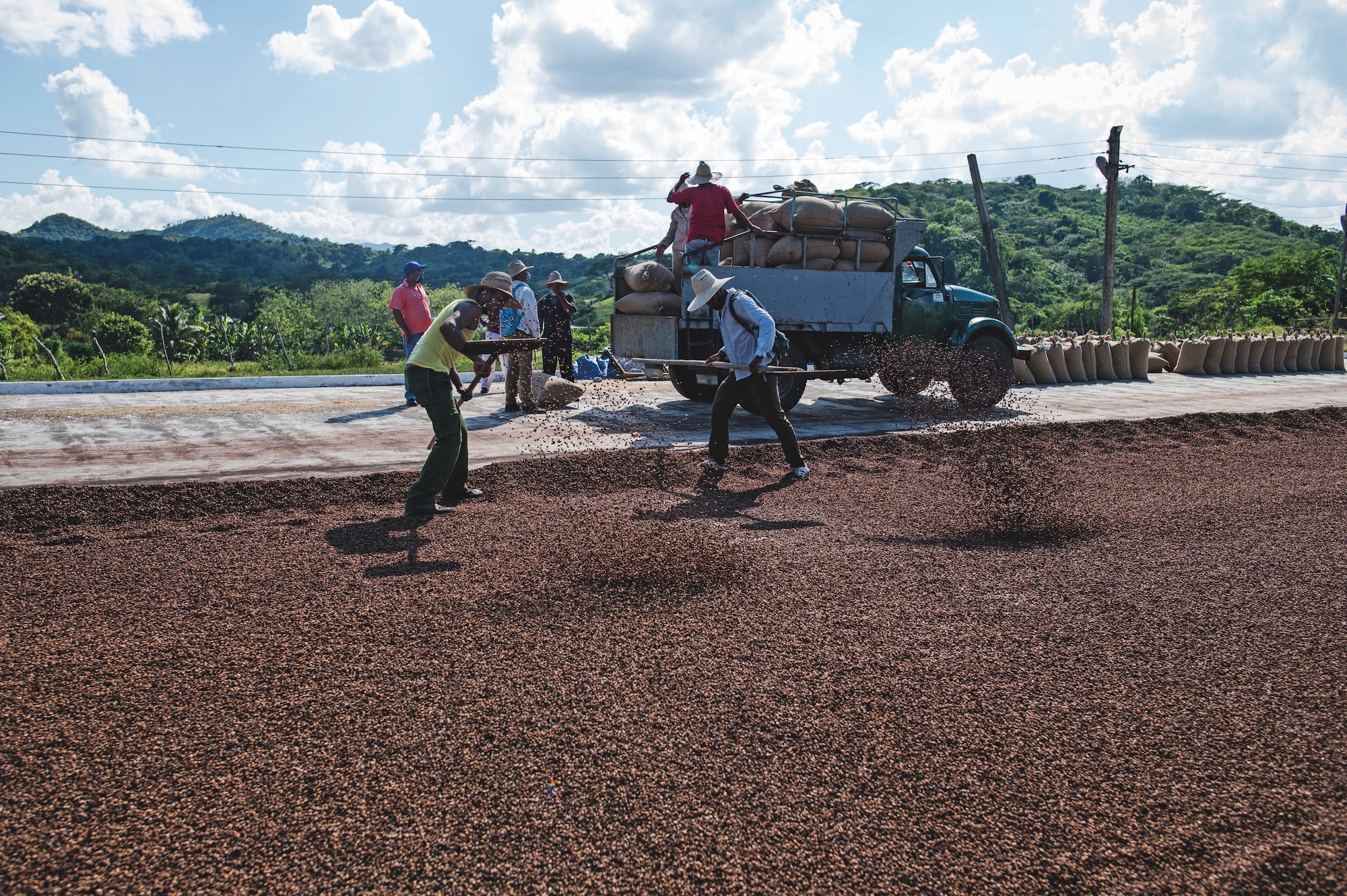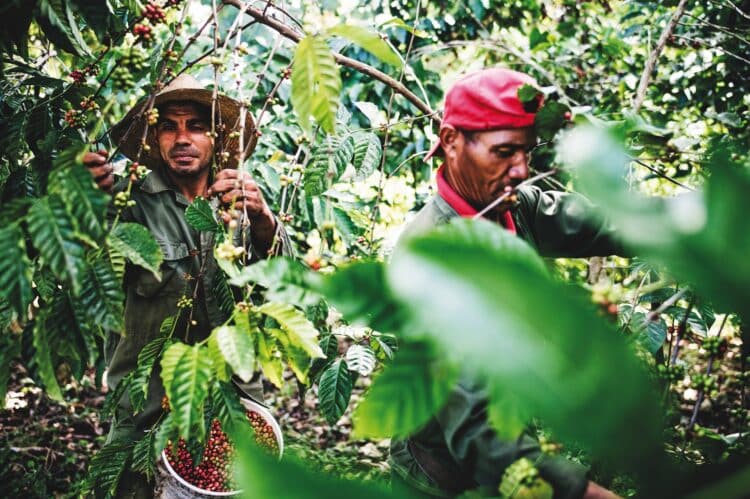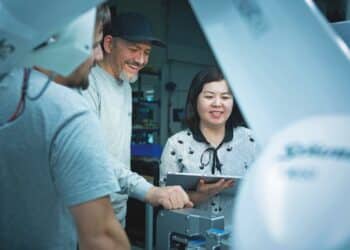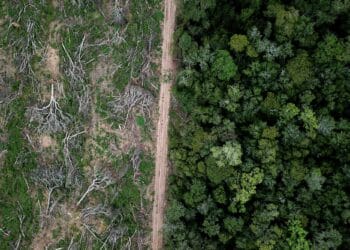Deep in the Cuban rainforest, agronomists and coffee experts are producing some of the world’s most unique beans. Lavazza reveals how its BioCubaCafé project continues to break new ground – including a first in fermented Robusta.
In 1959, at the end of the revolution, Cuba’s rainforest cover was just 13 per cent due to years of monoculture farming. Fast-forward to the end of 2022, however, and that figure has more than tripled to 43 per cent.
This staggering improvement – one of the most successful reforestation projects in history – is largely thanks to a series of initiatives that have seen local communities, government projects, and global brands come together to form a connection between environment and development.
Among the vast swathes of forest that now cover the Caribbean country is some of the world’s most unique coffee. There are no row-planted estates: instead, coffee is shade-grown in harmony with the forest. What’s more, these ‘farms’ are organic due to the island’s strict rules on chemical fertilisers.
Inspired by the success of these reforestation efforts and the potential for sustainable production, in 2018 the Lavazza Foundation started working in the Santiago and Granma regions with two main objectives: revitalise the country’s coffee farming industry by contributing to its reforestation efforts, and bring Cuban coffee back to the quality levels that had once made it popular around the world.
Seven years in, the project now works with more than 2500 farmers in the country. Its core goals of forest protection, improvement of coffee quality, simplification of the supply chain, achievement of organic certification and training on good farming practices, and strengthening the role of women and young people have been hugely successful. So much so that, in 2023, the Lavazza Foundation teamed up with Hecho en Italia and Grupo Agroforestal to form economic association BioCubaCafé.
“BioCubaCafé is one of the very first joint ventures operating in the agroforestry sector in Cuba and represents a major innovation: a systemic change in how the supply chain functions,” says Michele Curto, President of BioCubaCafé.
“This joint venture can purchase coffee directly from producers, eliminating the need for numerous intermediaries. What were once purchase contracts have been replaced by stable, multi-year collaboration agreements with municipal enterprises.
“This shift marks a paradigm change, as it allows BioCubaCafé to invest across the entire supply chain – from the producer to its own processing plant – providing essential production inputs that are often scarce, such as fuel, which in turn enables the production of higher-quality coffee.”
As part of the project, the team have developed systems that blend blockchain technology with human processes to monitor traceability. What’s more, they’ve introduced a network of more than 30 sensors, geo-stations, and weather stations across the territory to record real-time data, which is made available to farmers to strengthen agroecological practices.
Alongside these practical innovations to aid Cuban coffee producers, the project has also established a series of open-air laboratories for processing and product research and development.
“We call them our ‘living laboratories’ as they are really in the field – just next to the processing station and the forest in which the coffee is grown,” says Francesca Dangelico, Lavazza Group Food Development and Innovation Director. “One of our key areas of research in these labs is fermentation.”
Fermentation is a key element of coffee processing and occurs either aerobically (when oxygen is available) or anaerobically (when oxygen isn’t available). Aerobic fermentation is standard in the coffee industry, but more recently people have started to explore anaerobic fermentation of coffee cherries stored in water tanks to produce different flavour profiles.
“Cuba has world-class scientists and strong traditions in fields like biotechnology and fermentation. We’re connecting that existing knowledge with the coffee expertise,” says Dangelico.
“We’ve been collaborating with local producers and the scientific community in Cuba to explore the use of naturally occurring bacteria and yeast strains to produce unique fermented coffees.”
Yeast or bacteria fermented coffees see specific strains introduced to whole or depulped cherries to control the fermentation process.
“This fermentation process can produce some beautiful fruity and wine-like notes. It’s often used for Arabica beans, but it’s rare for Robusta. Over the past year, we’ve been experimenting with Robustas fermented in this way and have recently introduced it to a new professional blend in our La Reserva de ¡Tierra! Cuba range,” she says.

“To produce a round and balanced Italian espresso, we believe you need a good blend of Arabica and Robusta. Adding a fermented Robusta introduces those chocolate, fruit, and wine notes, creates a smooth texture, and yields a good crema.”
While Dangelico and team only recently brought the new fermented Robusta La Reserva de ¡Tierra! Cuba product to market, they have been researching fermented coffees in Cuba for years. Over the course of their experimentation, they trialled about 200 variations before landing on their final recipe.
“When people try the new coffee, they are quite surprised. Robusta is often perceived as low-quality, but that’s not true – especially if it’s processed and selected in the right way,” she says.
“Using Robusta in place of Arabica may also be beneficial in terms of sustainability. Due to climate change, there is a possibility production rates of Arabica will fall while Robusta rise. In Cuba, we’re lucky regenerative farming is very much already embedded in the culture.”
The innovation in these field labs doesn’t stop at fermentation. Drawing on Cuba’s rich history of rum production, the team are trialling rum-barrel-aged coffees.
“We are aging the green beans in the barrels for about 90 days, which produces a sweeter tasting coffee with notes of caramel and vanilla. It really tastes like drinking coffee with a splash of rum in it, but with no alcohol,” says Dangelico. “It’s a unique product – very good as a hot brew but also amazing as cold brew.
“We love experimenting with research and development in this way. The BioCubaCafé project has not only enabled us to support Cuba’s coffee industry but also tap into the local knowledge to create exciting and innovative new products.”
For more information, visit lavazza.com
This article was first published in the September/October 2025 edition of Global Coffee Report. Read more HERE.





